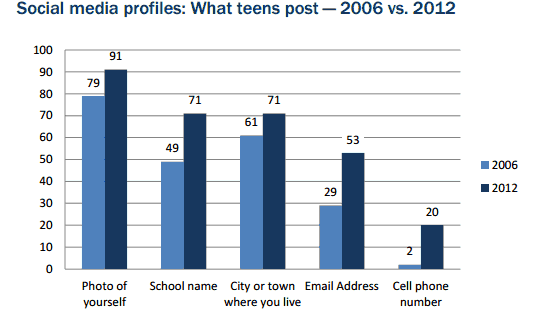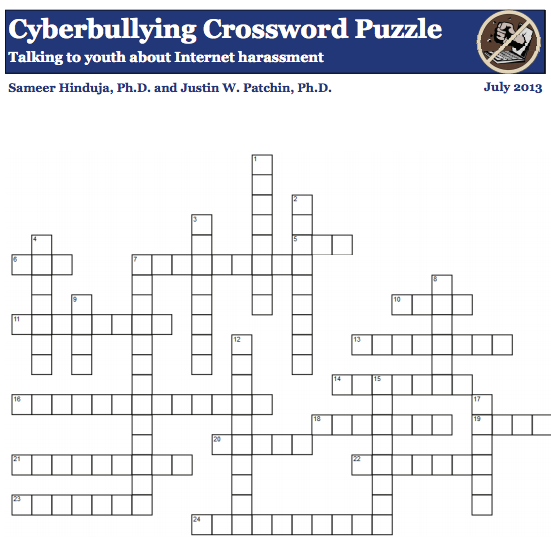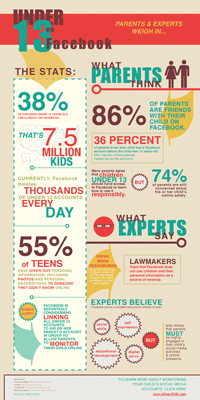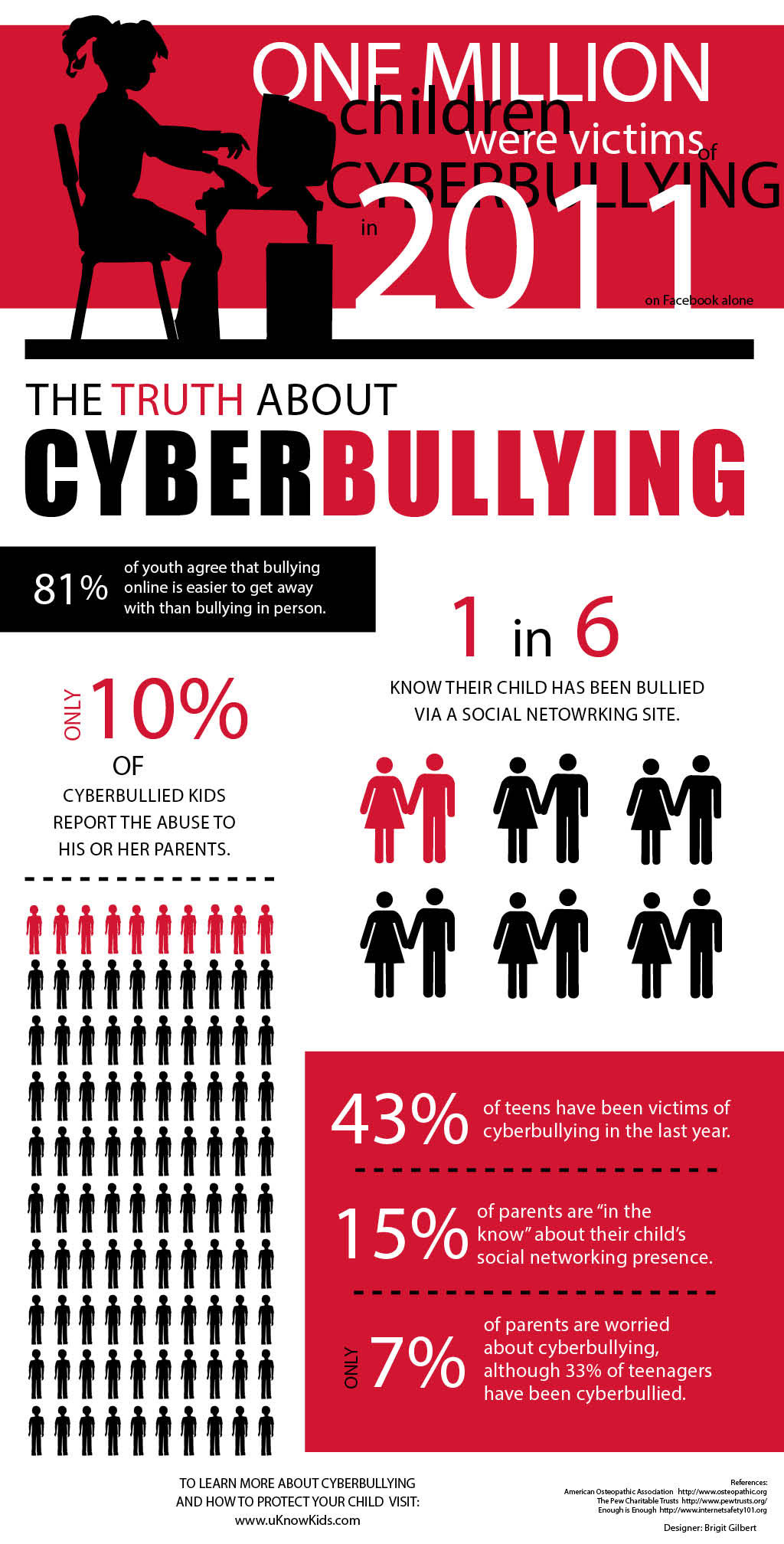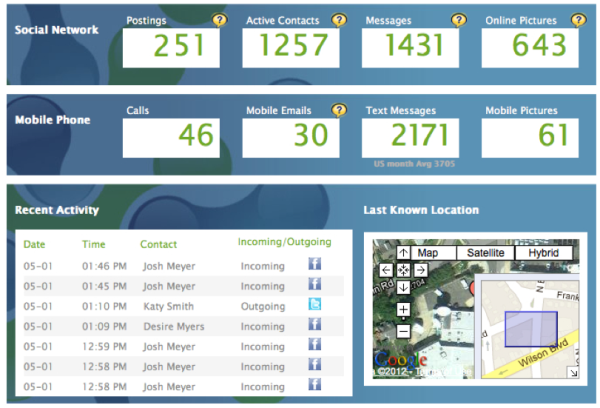This article originally appeared on FoxBusiness.com, writen by Kate Rogers.
Teasing used to be limited to school recess on the playground, but now it has evolved into a malicious trend among youths on the internet.
As technology advances and more children are using it, they are increasingly exposed to cyberbullies on social networking sites like Facebook (FB) and Twitter, and texting and apps on phones and tablets. And the consequences can be devastating. For some children being targeted, like 12-year-old Rebecca Ann Sedwick in Miami, they see no other way out of this cruel cyber world, than to take their own lives.


